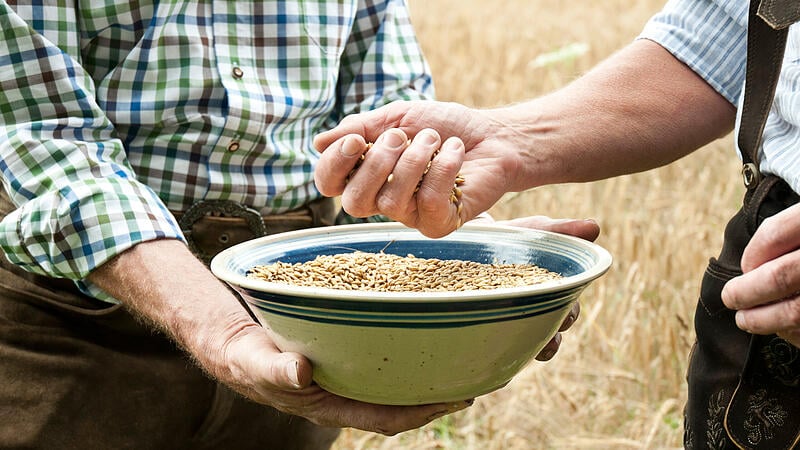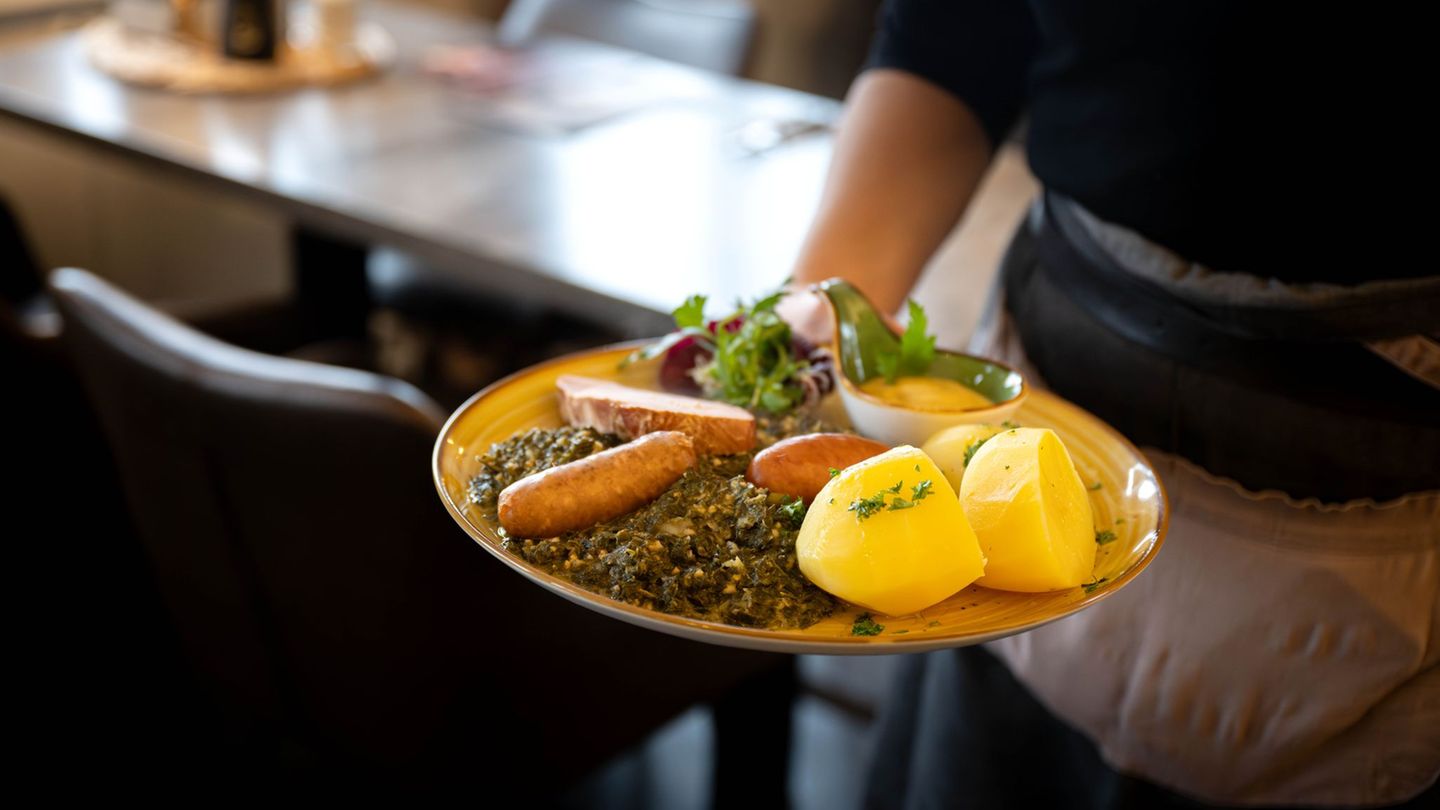Image: Hofstetten brewery
The amendment, which still needs a resolution in the National Council, is intended to introduce stricter legal regulations for patents be introduced to life. Austria already has “particularly progressive rules that patents prevent life and ensure that local agriculture is protected,” said Environment Minister Leonore Gewessler (Greens) in the press foyer after the government meeting. But this amendment goes “one step further”.
“Natural plants and animals cannot be patented. That applies to all forms of conventional breeding,” says Gewessler – even when random mutations occur in the laboratory. This new patent ban only applies to agricultural use. Also possible are about patentsprovided that the organisms created by such mutations are used, for example, for pharmaceutical products.
Dispute over malting barley
Just one example of the effects patent law can have: In recent years, brewery giants like Carlsberg has filed more than a dozen patent applications in the EU for barley breeds, barley plants, their use in brewing beer and the beer made from them. through the patents can breeders and breweries not using the new varieties, criticized private breweries and NGOs alike. This severely limits the variety of beers.
“The amendment has succeeded in plugging loopholes in patent law. We can thus take on a pioneering role in Europe,” says Clemens Stammler, Spokesman for regional policy and rural areas of the Greens. Small breweries no longer have to worry about this, “in Austria there is no longer a chance for patenting of malting barley”. A sobering postscript: the patent can still be applied for in other EU countries and the plant or animal can then be marketed in Austria. However, the amendment has much broader implications than just for the brewers. According to Stammler, farms, but also seed breeders like Saatbau Linz, would now be safe from patent lawsuits because random breeds are no longer patentable.
“Today the federal government made it clear that conventionally bred plants and animals may not be patented in Austria”, says Volker Plass, Managing Director of Arche Noah, the society for the preservation of cultivated plant diversity and its development. “The decision sends an important signal to the EU and the European Patent Office: patent law must no longer be abused in order to continue to monopolize the seed market. Seeds are the basis of our diet and not a corporate invention.”
Patent ban bypassed so far
The patenting of conventionally bred plants and animals is actually forbidden in the EU. However, according to Arche Noah, various loopholes made it possible several patents on malting barley and beer (Carlsberg), a patent on corn with better digestibility (KWS), a patent on lettuce for warm climates (Rijk Zwann) and a patent on melon plants with bushy growth (Nunhems/BASF). The patented barley has been propagated by farmers for thousands of years. “Carlsberg and Heineken only continued this development, they didn’t invent it,” says Stammler. In one case, objections to the patent led to the patent being restricted, while the Group withdrew another patent. However, other patents are still pending or have been newly applied for.
The environmental organization Global 2000 welcomed the government’s initiative. “Especially in view of the climate crisis, it is extremely problematic that corporations use patents on plants to obtain exclusive rights of use to characteristics such as disease resistance or heat resistance of plants, which are central to the conventional breeding of future-proof varieties,” said Brigitte Reisenberger, spokeswoman for agriculture and genetic engineering the NGO. Farmers urgently need access to genetic material to further develop locally adapted plants for the climate crisis.
Not only legal certainty, but also the diversity of cultivated plants will be preserved by the change in the law. It strengthens “the independence of local farmers from the global agricultural industry,” says Stammler.
The human rights organization for the right to food, FIAN, sees this as an important step in counteracting the increasing monopolization of seeds in the hands of agrochemical companies. Just four agrochemical companies — Bayer-Monsanto, DowDuPont/Corteva, ChemChina-Syngenta and BASF — control more than half of the global seed market and three-quarters of the global pesticide market, the NGO wrote in a release. Access to seeds is an important prerequisite for people to be able to provide themselves with food.
more from economy




